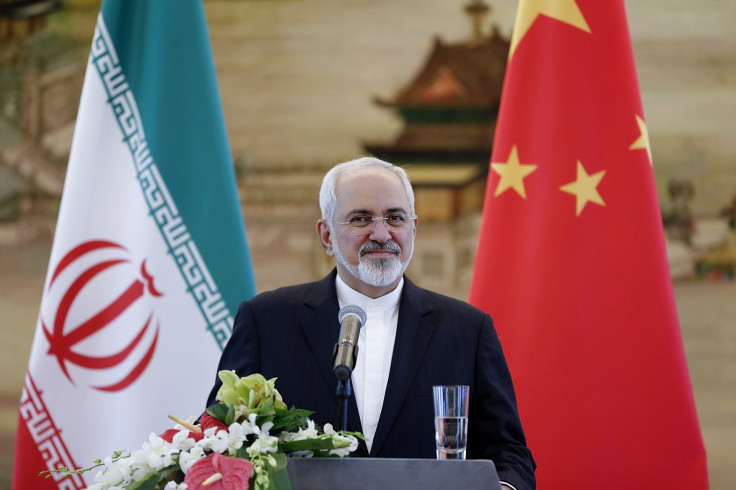US Sanctions Iranian Foreign Minister Javad Zarif, Blocks All US Assets

The Trump administration took the bizarre step of imposing financial sanctions on Iranian foreign minister Mohammad Javad Zarif despite indications the man has no wealth or properties to speak of parked in the United States.
The sanctions revealed Wednesday will freeze any assets Zarif has in the United States, or which are controlled by U.S. entities, said the U.S. Department of the Treasury.
The Treasury Department said "all property and interests in property of this individual (Zarif) that are in the United States or in the possession or control of U.S. persons must be blocked and reported" to the Treasury's Office of Foreign Assets Control (OFAC).
Treasury Secretary Steven Mnuchin alleged Zarif "implements the reckless agenda of Iran's Supreme Leader, and is the regime's primary spokesperson around the world."
"The United States is sending a clear message to the Iranian regime that its recent behavior is completely unacceptable," he added.
Zarif expressed bewilderment at the sanctions, saying he has "no property or interests outside of Iran.”
He tweeted, “The U.S.' reason for designating me is that I am Iran's 'primary spokesperson around the world.' Is the truth really that painful? It has no effect on me or my family, as I have no property or interests outside of Iran. Thank you for considering me such a huge threat to your agenda.”
The US' reason for designating me is that I am Iran's "primary spokesperson around the world"
— Javad Zarif (@JZarif) July 31, 2019
Is the truth really that painful?
It has no effect on me or my family, as I have no property or interests outside of Iran.
Thank you for considering me such a huge threat to your agenda.
Political analysts said the move is only symbolic but will serve to inflame tensions with Iran since Zarif is Iran’s main spokesman on the world stage. They see it as part of the administration’s maximum pressure campaign to force Iran to re-negotiate the Joint Comprehensive Plan of Action (JCPOA), or the Iran nuclear deal, which president Donald Trump withdrew the United States from on May 8, 2018.
It’s unclear how the sanctions against Zarif will affect the Trump administration’s stated willingness to negotiate with Iran "without preconditions." Zarif would have been the logical choice to speak for Iran were the country to agree to contacts with the Trump administration to deescalate tensions.
But with scant prospects of any talks between Washington and Tehran, the question of who will negotiate for Iran is a moot point.
Despite the sanctions, Zarif might still be able to travel to New York City on official United Nations business. The Trump administration said it will abide by existing laws such as the United Nations Headquarters Agreement, under which the U.S. "will continue to uphold obligations."
As regards Zarif, however, "The State Department will evaluate specific circumstances related to this designated on a case-by-case basis consistent with existing laws."
The sanctioning of Zarif, who is widely seen as a moderate among Iran’s theocratic leadership, will likely make it more difficult for Iran and the U.S. to find ways to avert an armed confrontation in the Persian Gulf, the Strait of Hormuz and the Gulf of Oman, which all lie off the southern coast of Iran.
Attacks on six ships since June and the hijacking of a British-flagged oil tanker this month are stretching diplomacy to its limit.
© Copyright IBTimes 2024. All rights reserved.





















